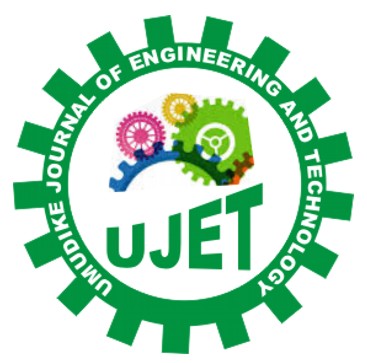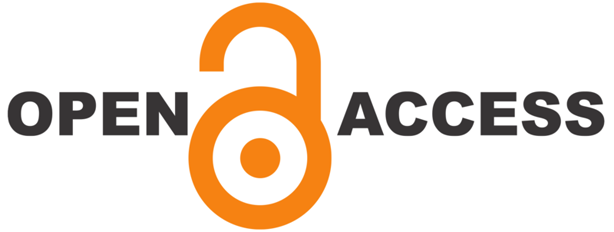The main aim of this study is to
carryout comparative analysis of concrete strength made from various sizes of
crushed coarse aggregate. In doing so, the suitability of these aggregate sizes
as good concrete materials was evaluated. The samples of the crushed coarse
aggregate used are; 25mm, 18.75mm, 12.5mm, 9.38mm and quarry dust. Other
materials used are river sand as fine aggregate, Ordinary Portland cement and
potable water. The mix
ratio used was 1:2:4 while the
tests carried out are Sieve analysis, Relative density, Absorption capacity,
workability and compressive strength test. The results of the study shows that
the strength of concrete made from different sizes of aggregate vary. The 12.5mm aggregates size achieved
the highest strength of 33.93N/mm after 28 days of curing while the quarry dust has the least
strength of 18.37N/mm. It was also observed that as the aggregate size
increases, segregation in concrete increases, while homogeneity and absorption
capacity decreases. However while the strength of the concrete cubes increases
with the curing days in all samples. Finally, it is recommended to use
aggregate size of 12.5mm for concrete when a high strength and high velocity
concrete is required.


